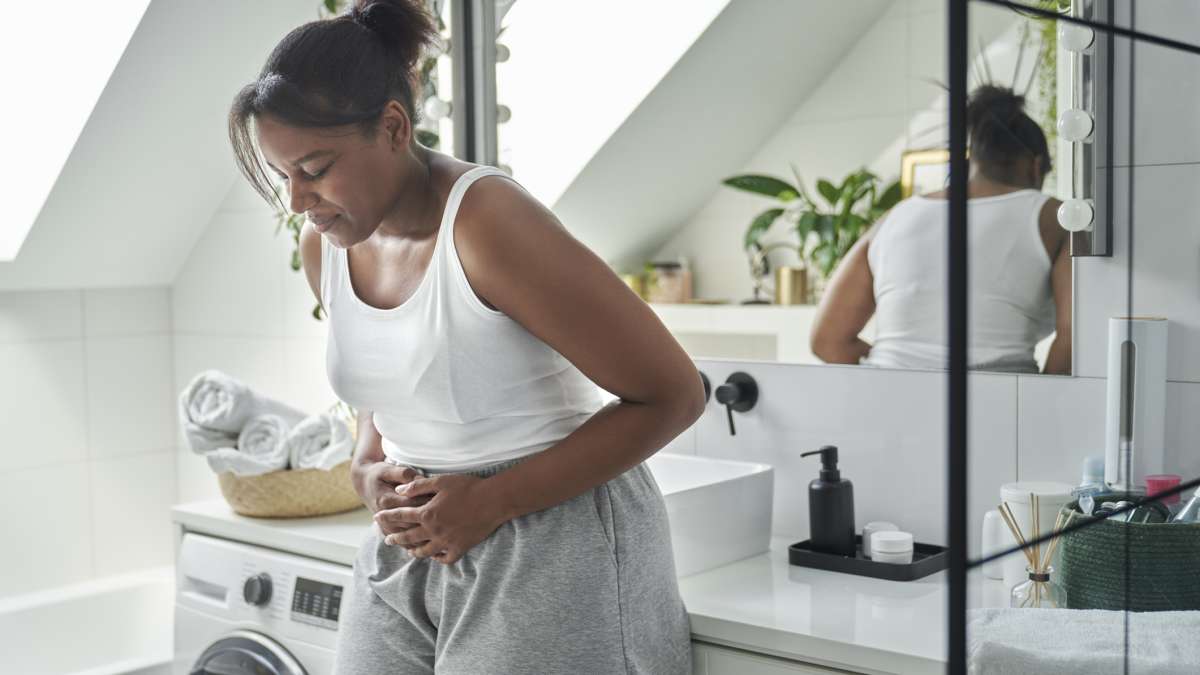Dear Doctor: Can you talk about gastritis? What is it and why do people get gastritis? I think I have it, but I don’t understand how it happens. Also, should I be on a special diet during recovery? What about probiotics?
Dear Reader: Gastritis is a disease that occurs when something causes the specialized cell lining in the stomach to become irritated, swollen, or inflamed. This part of the stomach wall is called the mucosa and is home to glands that secrete enzymes and acids that aid in digestion. The mucous membrane also has a variety of defense mechanisms that protect it from the corrosive effects of the digestive juices it releases, as well as infectious agents such as bacteria and viruses. But if these defenses weaken or begin to fail, the stomach lining can become damaged.
The most common cause of gastritis is Helicobacter pylori infection. It can also be caused by overuse of NSAIDs, excessive alcohol consumption, autoimmune diseases, stress-related acid overproduction, chronic vomiting, and side effects of certain medications and treatments. Because mucous membranes typically thin with age, older adults are at increased risk for this disease.
The chronic inflammation of gastritis may lead to gastric ulcers if not treated promptly. This can lead to serious complications, such as perforation and bleeding of the stomach wall, or the possibility of developing stomach cancer.
When someone has gastritis, they may feel a burning, painful, or gnawing sensation in their upper abdomen. Other symptoms may include feeling full, nausea, vomiting, loss of appetite, persistent hiccups or hiccups, and blood in the stool. However, it is possible to have gastritis without obvious symptoms.
Diagnosis usually begins with a breath or stool test to determine whether H. pylori is present. It can also include imaging tests that use an oscilloscope to examine the stomach or digestive organs. Treatment may include antibiotics to resolve the H. pylori infection and a range of medications to reduce or stop the production of stomach acid.
You are right to ask about diet. The foods you eat and the foods you avoid can help manage the symptoms of this disease. Contrary to popular belief, spicy and greasy foods do not cause gastritis. However, they can certainly worsen symptoms, so it’s wise to avoid them. The same goes for highly processed foods, carbonated drinks, acidic foods, and foods high in added sugars. Choose a diet rich in lean protein and include high-fiber foods such as whole grains, legumes, fresh fruits, vegetables, and leafy greens. Reduce or at least severely limit your alcohol consumption. Avoid eating a few hours before bed.
As for probiotics, recent research suggests they may be helpful when it comes to gastritis caused by bacterial infections. Talk to your doctor to see if you might benefit from probiotic supplements.
(Send your questions to (email protected) , or write: Ask a Doctor, c/o UCLA Health Sciences Media Resources, 10960 Wilshire Blvd., Suite 1955, Los Angeles, CA, 90024. Due to high mail volume, Personal reply cannot be provided.)

